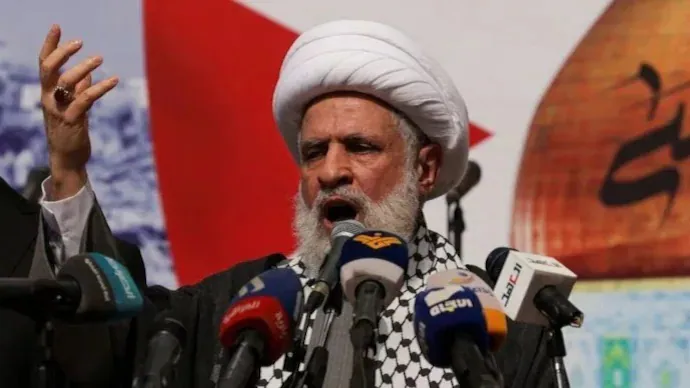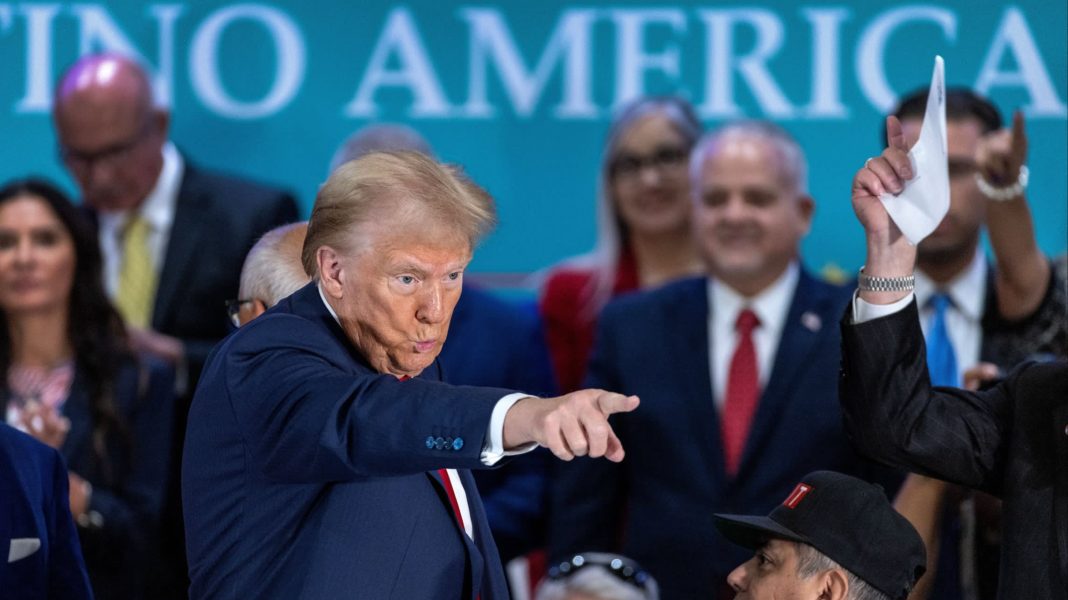Israel Confirms Killing of Senior Hezbollah Figure Hashem Safieddine, Marking a Major Shift in the Group’s Leadership
By Lagatar24 Desk
New Delhi: In a significant development in the ongoing conflict in the Middle East, Israel has officially confirmed the death of Hashem Safieddine, a senior figure in Hezbollah and a potential successor to the group’s current leader, Hassan Nasrallah. The Israeli military announced that Safieddine was killed in a targeted airstrike three weeks ago in the southern suburbs of Beirut, marking a pivotal moment in the power dynamics within Hezbollah.
This confirmation follows earlier reports suggesting Safieddine’s elimination, but it is the first time Israel has publicly acknowledged the details surrounding his death. As of now, Hezbollah has remained silent, not issuing any immediate response to the Israeli military’s statement.
A Major Blow to Hezbollah
The loss of Hashem Safieddine is a significant setback for Hezbollah, which has been a dominant force in Lebanese politics and military operations. Safieddine was not only a close relative of Nasrallah but also a key player in the group’s strategic planning and operations. He served on Hezbollah’s Jihad Council, which oversees military activities, and was instrumental in managing the group’s financial and administrative affairs.
In recent months, Safieddine had been increasingly visible, often representing Hezbollah at important events, including funerals, due to security concerns that limited Nasrallah’s public appearances. His rise within the organization had many speculating that he was being groomed to take over leadership, making his death all the more impactful.
Escalating Israeli Operations
Israel’s military actions have ramped up significantly in recent weeks, targeting Hezbollah positions and senior commanders in response to escalating border clashes. The militant group, widely regarded as Iran’s most powerful proxy in the region, has been actively supporting Palestinian factions in their fight against Israel in Gaza.
Israeli airstrikes have been concentrated in southern Lebanon, the Bekaa Valley, and the southern suburbs of Beirut. Despite Hezbollah fighters’ efforts to repel Israeli ground incursions, the strikes have resulted in the deaths of several high-ranking officials within the group, further destabilizing its leadership.
Diplomatic Efforts Amidst Conflict
The confirmation of Safieddine’s death comes at a time when diplomatic efforts are underway to address the broader conflict in the region. U.S. Secretary of State Antony Blinken is currently on a tour of the Middle East, where he is urging Israeli Prime Minister Benjamin Netanyahu to secure the release of hostages taken by Hamas and to consider a resolution to the ongoing conflict in Gaza.
Blinken is also working to de-escalate tensions between Israel and Hezbollah in Lebanon. Just recently, an Israeli airstrike near a major hospital in Beirut resulted in the tragic deaths of 18 individuals, including four children, and left 60 others injured. Such incidents complicate the already tense situation and highlight the urgent need for diplomatic solutions.
Despite the deaths of several senior commanders from both Hamas and Hezbollah, Israel shows no signs of easing its military campaigns in Gaza and Lebanon. The ongoing conflict continues to pose significant challenges for regional stability and peace.
As the situation unfolds, the implications of Safieddine’s death will likely reverberate through Hezbollah and the broader Middle Eastern landscape, raising questions about the future leadership of the group and the potential for further escalations in violence.



